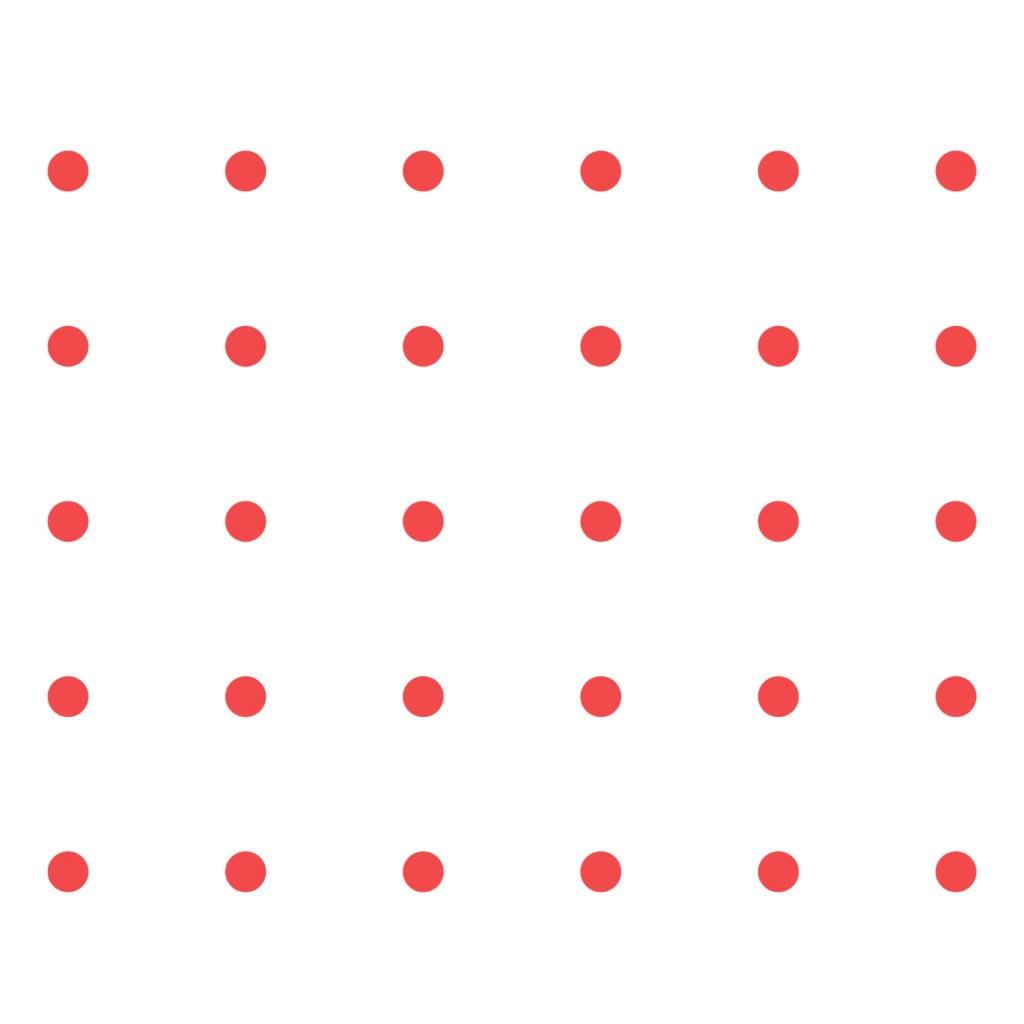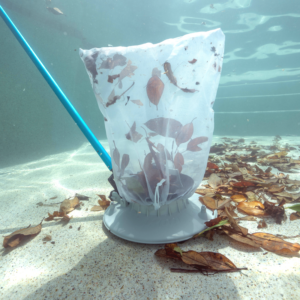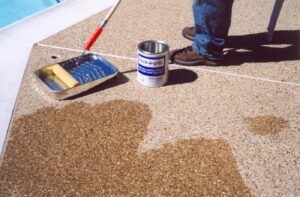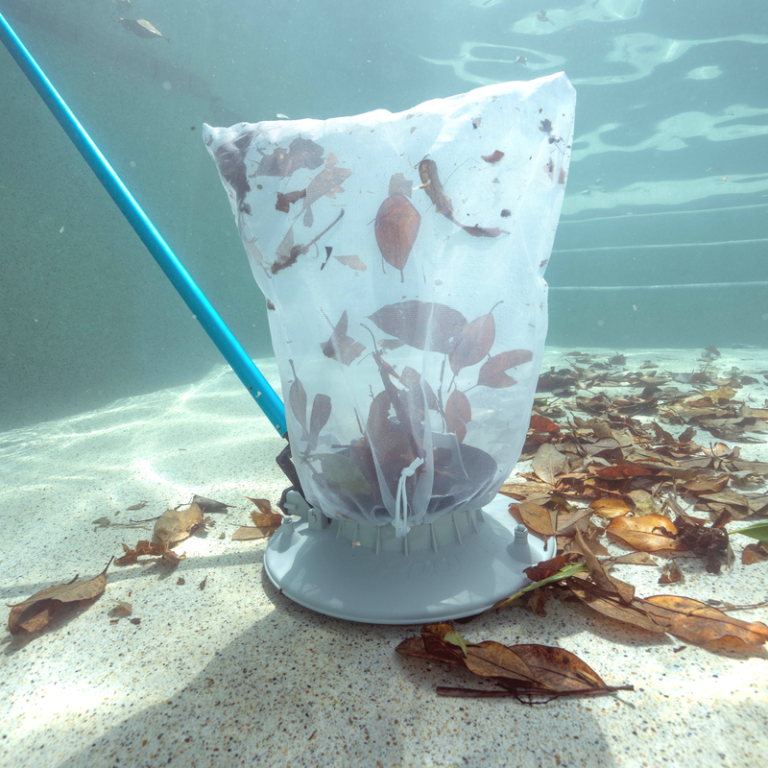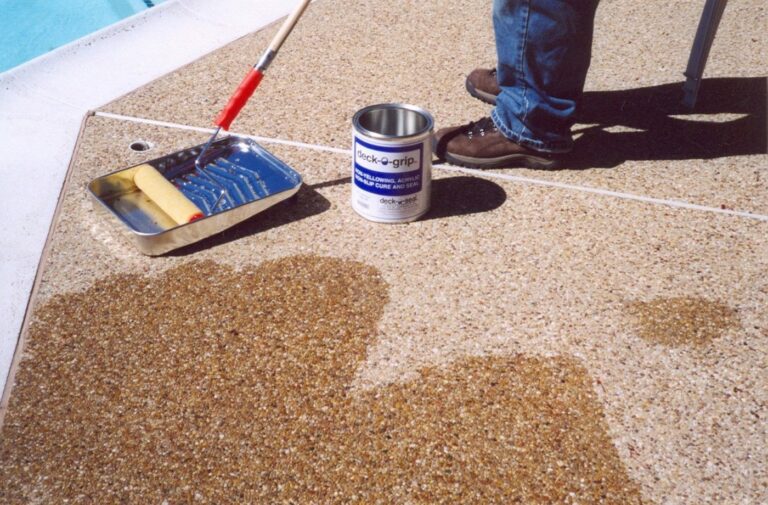People love “getting more for their money”, especially when it involves an investment they’ve made, such as a swimming pool. How can pool owners get more enjoyment from their backyards? By extending their swimming season with a heat pump. Heat pumps work a bit differently than other pool heating systems, which may make homeowners wonder if heat pumps function in drier climates.
There tends to be some confusion about the matter and most pool owners assume that humidity is required for heat pumps to function. However, swimming pool heat pumps like the options from AquaComfort Solutions bring both heat, comfort, and pool season longevity to swimming pools in all climates, including drier locations.
How a Heat Pump Works
It may sound a bit complicated, but it’s actually a fairly simple process. Unlike gas or electric pool heaters, which generate heat and use more energy, heat pumps work in a similar manner to a home’s air conditioning unit.
By using the surrounding air, a heat pump utilizes an evaporator coil and fan to pull the heat from the air as it flows through the pump and sends it to a refrigerant inside the pump. Once the heated refrigerant transforms from a liquid state to a gas, it is then sent into a compressor which increases both the pressure and the temperature.
The heated gas then leaves the compressor and is sent to a condenser which transfers it to the pool’s water, just on the other side of the condenser. Once the refrigerant gas has cooled, it will return to its liquid state as the pressure and temperature decrease. This signals the heat pump to begin the entire process again and will continue until the pool’s water reaches the desired temperature. While humid air may make the process more efficient, heat pumps function in drier climates just fine.
Are Heat Pumps Still Energy Efficient in Drier Climates?
The short answer? Yes, heat pumps are still energy efficient in drier climates. Unlike gas or electric, a heat pump is only using energy to run the compressor and the fan motor. Whether a swimming pool is in a dry or humid location, the energy needed to run the pump is the same because the heat pump is not doing any actual heating of the air.
According to The Department of Energy, “The energy efficiency of heat pump pool heaters is measured by coefficient of performance (COP). The higher the COP number, the more efficient.” The average usually ranges from 3.0 to 7.0. This means that you get 3-7 units of heat for each unit of electricity, for an average of 500% efficiency.
Having a humid climate will make it easier for a heat pump to run, but they are still an effective option for heating pools in other climates as well
The Best Climates to Use a Heat Pump
Since the heat pump isn’t generating the heat, the warmth of the surrounding air does play a rather large part in how well a system will heat a swimming pool. The warmer the climate, the more heat the unit is able to transfer to the water, and the warmer the pool will be. When it comes to heating a swimming pool, the ambient temperature tends to be a big factor in the heat pump’s efficiency.
This also means that the colder the air is, the less effective it will be at heating a swimming pool. Most heat pump options have the ability to extend pool seasons in almost all climates, but won’t be able to heat a swimming pool efficiently once the temperature drops below 50 degrees. AquaComfort heat pumps operate in as low as 38-degree weather.
While heat pumps do work well in drier climates, the unit does remove moisture from the air and on average tends to run better in warm, humid climates. Of course, there are a few ways to help a heat pump work efficiently, resulting in a longer swim season for pool owners who are looking for additional days of aquatic recreation.
The Best Times of Year to Use a Heat Pump
Typically, the best times of year to use a heat pump for a swimming pool are in early spring and late into the fall. If the climate happens to be warm and humid, a heat pump may work to extend the swimming season a bit longer. However, a heat pump can still support an extended pool season in a drier climate as long as the temperature of the air isn’t too cold.
Getting The Most Out of a Heat Pump
A high-quality heat pump on its own is more energy efficient than other pool heating options, but there are a few ways that pool owners can help their heat pumps to be more effective.
Use a Solar Blanket
Preserve the warmer temperatures that build up in a pool even after the pump has been turned off with the use of a solar blanket to retain the heat.
Clean and Maintain
Cleaning the evaporator coil after a storm, flood, or at the beginning of pool season will help to increase the efficiency of the heat pump. In addition, pool owners should stay on top of weekly filter cleanings. The easier it is for water to circulate through a pool’s system, the easier it is to heat the water.
Run the Pump on Low
Natural heat loss is normal once the heat pump is turned off. When pool owners run their pumps on a low setting, it helps to slow the heat loss.
Adjust the Temperature
When the pool is not in use, pool owners should set the temperature to 78 degrees to help with energy efficiency.
When it comes to the best products in the pool and spa industry, we work hard to represent the top products as well as spread knowledge and education about the high-quality options on the market. If you’re interested in learning more about the manufacturers we represent, contact us at hello@alphawest.com.





